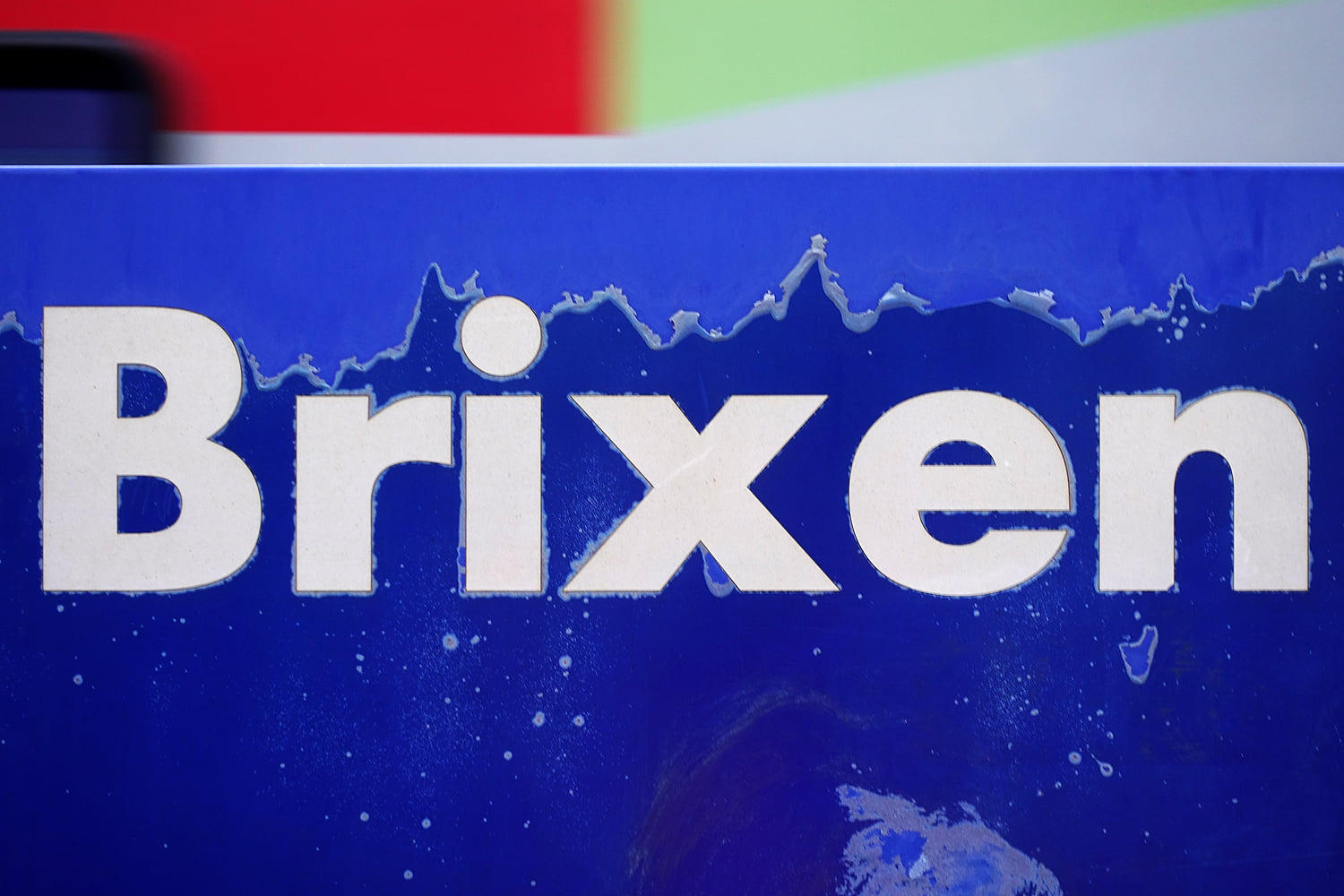by Ali Minai
 The events in Afghanistan over the last week are being seen as yet another “hinge moment” in history. The images of helicopters evacuating personnel from embassies and people chasing aircraft in desperation to get on them have been seared into the memories of all who have seen them. As a person from the region (Pakistan), a student of history, and as someone interested in the current state of the world, I too have watched these events with a mixture of amazement, trepidation, horror, and perplexity. It is not clear yet whether “hope” or “fear” – or both – should be added to that list. The things I say in this piece are just the thoughts and speculations of a non-expert lay person trying to make sense of an obscure situation. As will be obvious from the rest of this piece, for all the pain and suffering the new situation in Afghanistan will bring to people in Afghanistan, I think that the American decision to withdraw was the only rational choice. The alternative of staying on for years – perhaps decades – to build a better Afghanistan would just be another exercise in paternalistic colonialism. However, the way the withdrawal is happening is a great failure of American leadership and the blame for that lies mainly with the American policies of the last two decades. Perhaps its biggest failure was in not preparing Afghanistan for this day that was sure to come sooner or later. Now the Afghan people – especially women – will pay a price for that failure, but it may also come back to haunt the United States and other great powers. It has happened before….
The events in Afghanistan over the last week are being seen as yet another “hinge moment” in history. The images of helicopters evacuating personnel from embassies and people chasing aircraft in desperation to get on them have been seared into the memories of all who have seen them. As a person from the region (Pakistan), a student of history, and as someone interested in the current state of the world, I too have watched these events with a mixture of amazement, trepidation, horror, and perplexity. It is not clear yet whether “hope” or “fear” – or both – should be added to that list. The things I say in this piece are just the thoughts and speculations of a non-expert lay person trying to make sense of an obscure situation. As will be obvious from the rest of this piece, for all the pain and suffering the new situation in Afghanistan will bring to people in Afghanistan, I think that the American decision to withdraw was the only rational choice. The alternative of staying on for years – perhaps decades – to build a better Afghanistan would just be another exercise in paternalistic colonialism. However, the way the withdrawal is happening is a great failure of American leadership and the blame for that lies mainly with the American policies of the last two decades. Perhaps its biggest failure was in not preparing Afghanistan for this day that was sure to come sooner or later. Now the Afghan people – especially women – will pay a price for that failure, but it may also come back to haunt the United States and other great powers. It has happened before….
It is tempting to see the fall of Afghanistan to the Taliban as a bookend with the events of 9-11. What happened that fateful morning in the US began a series of world-altering events that, it seems, have come full circle in Kabul today. The Taliban, ousted shortly after 9-11 by the US and NATO, have now ousted the US and NATO from Afghanistan to retake control. The wreckage of the intervening period lies scattered all over the world in broken societies, shattered lives, and altered states of mind. But are we done with all that? Has the humiliation of another great power – and it certainly is a humiliation – by another guerilla force broken the fever? Almost certainly not. Yes, Afghanistan seems to have returned to an approximate status quo ante. Yes, the United States seems to be turning inward to its own problems and westward to look warily at emerging Chinese power, seemingly writing off the regions that previously engaged its attention. But if there’s one lesson that can be learned from the events of this week, it is that the plans even of great powers are built mostly on hope and prayer. History always has other ideas.
Nor should it be taken for granted that what we see on the ground in Kabul today presages any sort of stability. The Taliban are the dog that have caught the car. It is far from clear if the car will stop, though it may slow down briefly. Afghanistan’s history over the last several decades – indeed, over the last two centuries – should make us skeptical. But that famous rhyming of history that is supposed to inform our surmise does often lapse into blank verse. Sometimes, things are different. To that end, consider two things. First, when the Taliban came to power in 1996, they were literally a ragtag Lord of the Flies bunch conquering the devastated landscape of a long civil war. This time, they are returning as a politics-savvy, battle-tested, well-organized group with a distributed leadership, a PR operation, and – very importantly – a rolodex worth of international diplomatic contacts. This is unlikely to turn them into benign liberals, but it can turn them into much more polished autocrats, which is a very dangerous species. Second, they are going to inherit the fruits of all the infrastructure, organization, and workforce development that has occurred – however imperfectly – under the US and NATO occupation in the last fifteen years or so. The Kabul the Taliban are walking into is a functioning modern city. If they just have the wisdom to exploit this gift rather than destroy it, they will start light-years ahead of where they began in 1996. But does any of this guarantee that their hegemony will last? Not at all! The other forces who have tasted power in the preceding decades are already gathering to regain some of it. The world should keep its eye on cities like Mazar-e-Sharif and Herat, and on the Panjshir Valley. The embers of resistance are surely alive in such places, and you never know where a wind might come from to fan them into a fire. That is why the moment at hand is not necessarily a hinge moment in history. It may turn out to be one in retrospect, but it is far too early to conclude that. Read more »
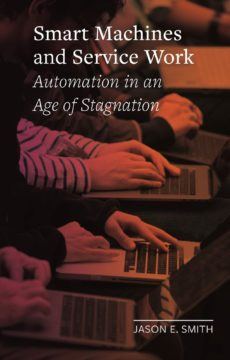 Encouraged by the election of Joe Biden, the COVID-19 vaccine, and the so-called “major opportunity” of smart technology, commentators and investors now predict that the economy will rebound from the pandemic downturn, or even accelerate, once the “exogenous” shock caused by the coronavirus has been absorbed. But is this a plausible future scenario?
Encouraged by the election of Joe Biden, the COVID-19 vaccine, and the so-called “major opportunity” of smart technology, commentators and investors now predict that the economy will rebound from the pandemic downturn, or even accelerate, once the “exogenous” shock caused by the coronavirus has been absorbed. But is this a plausible future scenario?
 In the popular imagination, the name Leonardo da Vinci conjures many things. In traditional textbooks, he epitomizes the concept of the “Renaissance man,” capable of knowing and doing everything. Another view has it that he was a prototypical engineer and scientist—inventor of tanks, helicopters, self-perpetuating machines, and urban infrastructure—and thus the forerunner of much of what we deem essential in our supposedly secular, technology-driven world. Art historians generally describe him as the key figure in a new phase in European painting, attuned to the portrayal of psychology and the subjectivity of sight, all while exercising an unparalleled naturalism. But, despite these things, there has always been another image of Leonardo, one that associated him with hidden things, esoteric knowledge beyond common perceptions. In Dan Brown’s The Da Vinci Code (2003), Leonardo figures as a guardian of a forbidden secret, keeping alive the dangerous knowledge that Christ married Mary Magdalene and had a child by her. In the context of Brown’s thriller, Leonardo is a knower of the unknown, a keeper of truths that must remain encrypted by means of his famous mirror writing. Because Leonardo’s secret could potentially overturn orthodox Christian beliefs, his perpetuation of it paradoxically meshes with his reputation as a harbinger of the modern world. Like a Nostradamus, he anticipates history, hiding the keys to understanding things that are beyond the grasp of his contemporaries and a challenge for more enlightened ages.
In the popular imagination, the name Leonardo da Vinci conjures many things. In traditional textbooks, he epitomizes the concept of the “Renaissance man,” capable of knowing and doing everything. Another view has it that he was a prototypical engineer and scientist—inventor of tanks, helicopters, self-perpetuating machines, and urban infrastructure—and thus the forerunner of much of what we deem essential in our supposedly secular, technology-driven world. Art historians generally describe him as the key figure in a new phase in European painting, attuned to the portrayal of psychology and the subjectivity of sight, all while exercising an unparalleled naturalism. But, despite these things, there has always been another image of Leonardo, one that associated him with hidden things, esoteric knowledge beyond common perceptions. In Dan Brown’s The Da Vinci Code (2003), Leonardo figures as a guardian of a forbidden secret, keeping alive the dangerous knowledge that Christ married Mary Magdalene and had a child by her. In the context of Brown’s thriller, Leonardo is a knower of the unknown, a keeper of truths that must remain encrypted by means of his famous mirror writing. Because Leonardo’s secret could potentially overturn orthodox Christian beliefs, his perpetuation of it paradoxically meshes with his reputation as a harbinger of the modern world. Like a Nostradamus, he anticipates history, hiding the keys to understanding things that are beyond the grasp of his contemporaries and a challenge for more enlightened ages. Last year I became fascinated with an artificial intelligence model that was being trained to write human-like text. The model was called GPT-3, short for Generative Pre-Trained Transformer 3; if you fed it a bit of text, it could complete a piece of writing, by predicting the words that should come next.
Last year I became fascinated with an artificial intelligence model that was being trained to write human-like text. The model was called GPT-3, short for Generative Pre-Trained Transformer 3; if you fed it a bit of text, it could complete a piece of writing, by predicting the words that should come next.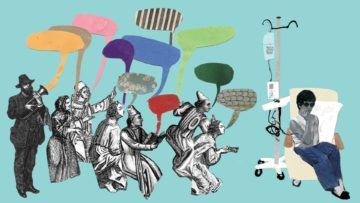 Are you someone who enjoys the unsolicited opinions of strangers and acquaintances? If so, I can’t recommend cancer highly enough. You won’t even have the first pathology report in your hands before the advice comes pouring in. Laugh and the world laughs with you; get cancer and the world can’t shut its trap. Stop eating sugar; keep up your weight with milkshakes. Listen to a recent story on NPR; do not read a recent story in Time magazine. Exercise—but not too vigorously; exercise—hard, like Lance Armstrong. Join a support group, make a collage, make a collage in a support group, collage the shit out of your cancer. Do you live near a freeway or drink tap water or eat food microwaved on plastic plates? That’s what caused it. Do you ever think about suing? Do you ever wonder whether, if you’d just let some time pass, the cancer would have gone away on its own?
Are you someone who enjoys the unsolicited opinions of strangers and acquaintances? If so, I can’t recommend cancer highly enough. You won’t even have the first pathology report in your hands before the advice comes pouring in. Laugh and the world laughs with you; get cancer and the world can’t shut its trap. Stop eating sugar; keep up your weight with milkshakes. Listen to a recent story on NPR; do not read a recent story in Time magazine. Exercise—but not too vigorously; exercise—hard, like Lance Armstrong. Join a support group, make a collage, make a collage in a support group, collage the shit out of your cancer. Do you live near a freeway or drink tap water or eat food microwaved on plastic plates? That’s what caused it. Do you ever think about suing? Do you ever wonder whether, if you’d just let some time pass, the cancer would have gone away on its own? A major focus of modern medicine is treating existing conditions, but a promising approach is to try to detect elevated susceptibility to a condition before it becomes a diagnosable disease. “The pre-disease state, where someone has increased susceptibility to developing diseases, such as cancer, is widely considered the best period for intervening,” explains Yoshinori Kono, project leader at Kewpie. “Treating disease is important, but preventing disease before it strikes will reduce healthcare costs and improve quality of life.”
A major focus of modern medicine is treating existing conditions, but a promising approach is to try to detect elevated susceptibility to a condition before it becomes a diagnosable disease. “The pre-disease state, where someone has increased susceptibility to developing diseases, such as cancer, is widely considered the best period for intervening,” explains Yoshinori Kono, project leader at Kewpie. “Treating disease is important, but preventing disease before it strikes will reduce healthcare costs and improve quality of life.” The events in Afghanistan over the last week are being seen as yet another “hinge moment” in history. The images of helicopters evacuating personnel from embassies and people chasing aircraft in desperation to get on them have been seared into the memories of all who have seen them. As a person from the region (Pakistan), a student of history, and as someone interested in the current state of the world, I too have watched these events with a mixture of amazement, trepidation, horror, and perplexity. It is not clear yet whether “hope” or “fear” – or both – should be added to that list. The things I say in this piece are just the thoughts and speculations of a non-expert lay person trying to make sense of an obscure situation. As will be obvious from the rest of this piece, for all the pain and suffering the new situation in Afghanistan will bring to people in Afghanistan, I think that the American decision to withdraw was the only rational choice. The alternative of staying on for years – perhaps decades – to build a better Afghanistan would just be another exercise in paternalistic colonialism. However, the way the withdrawal is happening is a great failure of American leadership and the blame for that lies mainly with the American policies of the last two decades. Perhaps its biggest failure was in not preparing Afghanistan for this day that was sure to come sooner or later. Now the Afghan people – especially women – will pay a price for that failure, but it may also come back to haunt the United States and other great powers. It has happened before….
The events in Afghanistan over the last week are being seen as yet another “hinge moment” in history. The images of helicopters evacuating personnel from embassies and people chasing aircraft in desperation to get on them have been seared into the memories of all who have seen them. As a person from the region (Pakistan), a student of history, and as someone interested in the current state of the world, I too have watched these events with a mixture of amazement, trepidation, horror, and perplexity. It is not clear yet whether “hope” or “fear” – or both – should be added to that list. The things I say in this piece are just the thoughts and speculations of a non-expert lay person trying to make sense of an obscure situation. As will be obvious from the rest of this piece, for all the pain and suffering the new situation in Afghanistan will bring to people in Afghanistan, I think that the American decision to withdraw was the only rational choice. The alternative of staying on for years – perhaps decades – to build a better Afghanistan would just be another exercise in paternalistic colonialism. However, the way the withdrawal is happening is a great failure of American leadership and the blame for that lies mainly with the American policies of the last two decades. Perhaps its biggest failure was in not preparing Afghanistan for this day that was sure to come sooner or later. Now the Afghan people – especially women – will pay a price for that failure, but it may also come back to haunt the United States and other great powers. It has happened before….

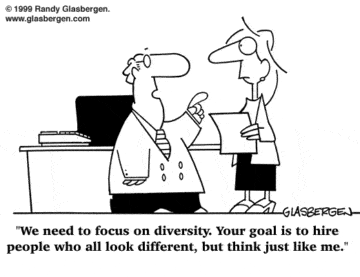

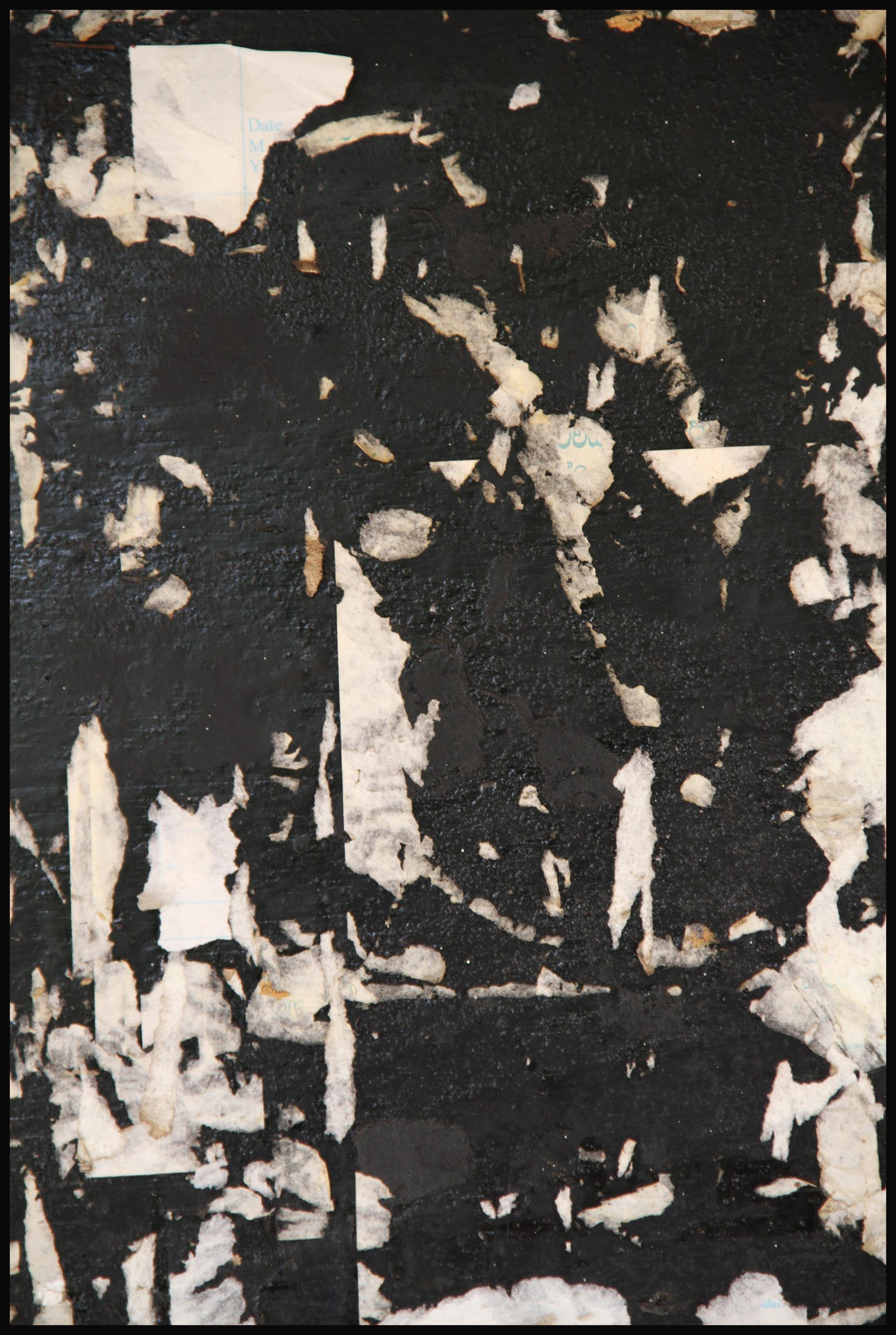 Sughra Raza. Temple Wall Philosophy. Galle, Sri Lanka, 2010.
Sughra Raza. Temple Wall Philosophy. Galle, Sri Lanka, 2010.
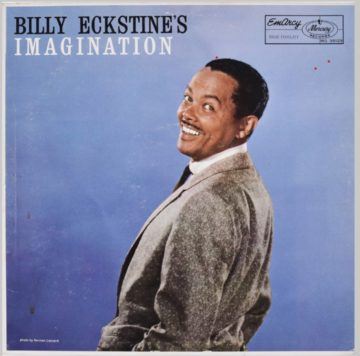
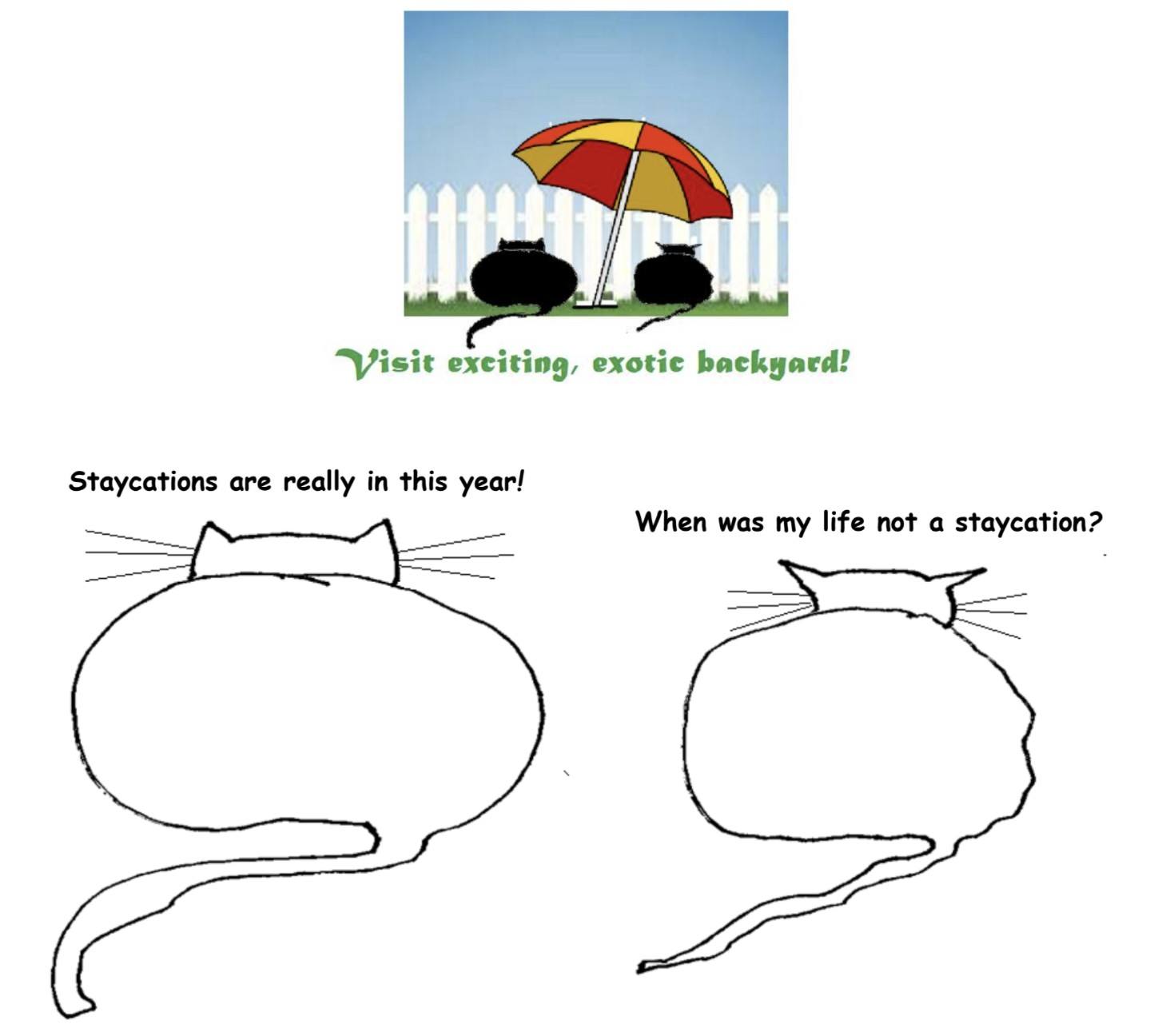
 One remarkable redeeming feature of my dingy neighborhood in Kolkata was that within half a mile or so there was my historically distinctive school, and across the street from there was Presidency College, one of the very best undergraduate colleges in India at that time (my school and that College were actually part of the same institution for the first 37 years until 1854), adjacent was an intellectually vibrant coffeehouse, and the whole surrounding area had the largest book district of India—and as I grew up I made full use of all of these.
One remarkable redeeming feature of my dingy neighborhood in Kolkata was that within half a mile or so there was my historically distinctive school, and across the street from there was Presidency College, one of the very best undergraduate colleges in India at that time (my school and that College were actually part of the same institution for the first 37 years until 1854), adjacent was an intellectually vibrant coffeehouse, and the whole surrounding area had the largest book district of India—and as I grew up I made full use of all of these.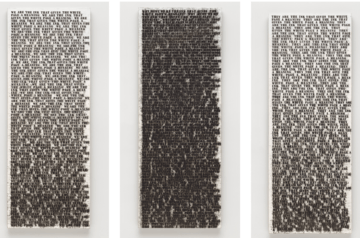 Unlike her previous exhibit, James chose not to explicitly market
Unlike her previous exhibit, James chose not to explicitly market 